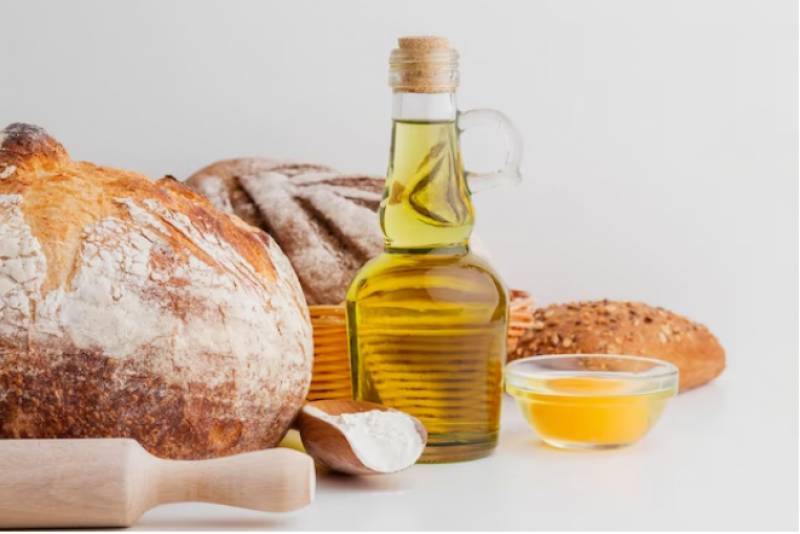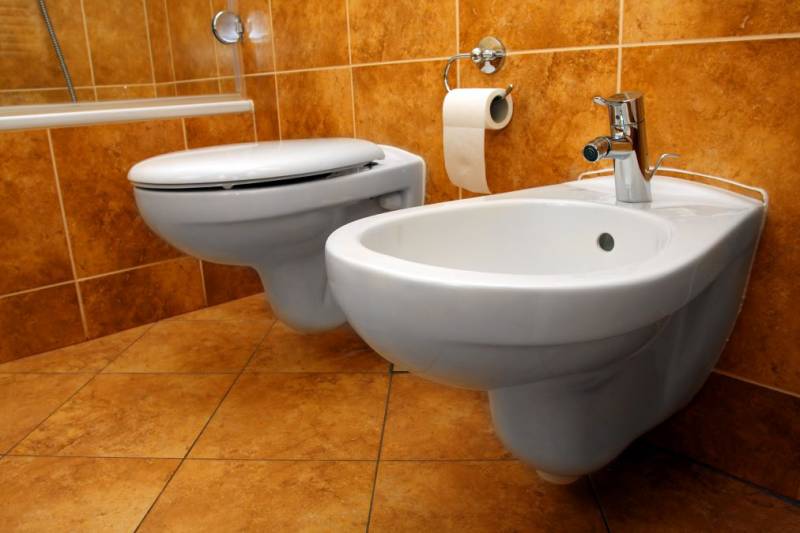- Region
- Águilas
- Alhama de Murcia
- Jumilla
- Lorca
- Los Alcázares
- Mazarrón
- San Javier
-
ALL AREAS & TOWNS
- AREAS
- SOUTH WEST
- MAR MENOR
- MURCIA CITY & CENTRAL
- NORTH & NORTH WEST
- TOWNS
- Abanilla
- Abarán
- Aguilas
- Alamillo
- Alcantarilla
- Aledo
- Alhama de Murcia
- Archena
- Balsicas
- Blanca
- Bolnuevo
- Bullas
- Cañadas del Romero
- Cabo de Palos
- Calasparra
- Camping Bolnuevo
- Campo De Ricote
- Camposol
- Canada De La Lena
- Caravaca de la Cruz
- Cartagena
- Cehegin
- Ceuti
- Cieza
- Condado de Alhama
- Corvera
- Costa Cálida
- Cuevas De Almanzora
- Cuevas de Reyllo
- El Carmoli
- El Mojon
- El Molino (Puerto Lumbreras)
- El Pareton / Cantareros
- El Raso
- El Valle Golf Resort
- Fortuna
- Fuente Alamo
- Hacienda del Alamo Golf Resort
- Hacienda Riquelme Golf Resort
- Isla Plana
- Islas Menores & Mar de Cristal
- Jumilla
- La Azohia
- La Charca
- La Manga Club
- La Manga del Mar Menor
- La Pinilla
- La Puebla
- La Torre
- La Torre Golf Resort
- La Unión
- Las Palas
- Las Ramblas
- Las Ramblas Golf
- Las Torres de Cotillas
- Leiva
- Librilla
- Lo Pagan
- Lo Santiago
- Lorca
- Lorquí
- Los Alcázares
- Los Balcones
- Los Belones
- Los Canovas
- Los Nietos
- Los Perez (Tallante)
- Los Urrutias
- Los Ventorrillos
- Mar De Cristal
- Mar Menor
- Mar Menor Golf Resort
- Mazarrón
- Mazarrón Country Club
- Molina de Segura
- Moratalla
- Mula
- Murcia City
- Murcia Property
- Pareton
- Peraleja Golf Resort
- Perin
- Pilar de la Horadada
- Pinar de Campoverde
- Pinoso
- Playa Honda
- Playa Honda / Playa Paraíso
- Pliego
- Portmán
- Pozo Estrecho
- Puerto de Mazarrón
- Puerto Lumbreras
- Puntas De Calnegre
- Region of Murcia
- Ricote
- Roda
- Roldan
- Roldan and Lo Ferro
- San Javier
- San Pedro del Pinatar
- Santiago de la Ribera
- Sierra Espuña
- Sucina
- Tallante
- Terrazas de la Torre Golf Resort
- Torre Pacheco
- Totana
- What's On Weekly Bulletin
- Yecla


- EDITIONS:
 Spanish News Today
Spanish News Today
 Alicante Today
Alicante Today
 Andalucia Today
Andalucia Today
article_detail
5 unusual customs unique to Spain that leave foreign visitors baffled
Most homes in Spain still hold true to these traditions, which most other nations find bizarre
 Spain has a long and interesting history; it’s a country that’s steeped in tradition, and nowhere is this more evident than the Spanish home. Houses are built around the environment and climate, specifically designed to be cool in summer and (in theory) warm in winter.
Spain has a long and interesting history; it’s a country that’s steeped in tradition, and nowhere is this more evident than the Spanish home. Houses are built around the environment and climate, specifically designed to be cool in summer and (in theory) warm in winter.And while our homes are unique to each of us, reflecting our personalities and individual tastes, there are several elements common to most houses in Spain that may be surprising to people from other European countries.
1. Blinds or shutters
Spain enjoys more days of sunshine each year than most, which is why no home here is complete without shutters or heavy-duty blinds. Most people keep the windows blocked against the glare in the summer in a (sometimes futile) attempt to keep the rooms cool.
On the other hand, the shutters are usually thrown up in the winter months to allow in some heat in the middle of the day, and then firmly lowered at night.
In other European countries, particularly northern nations, there aren’t quite so many hours of daylight so shutters aren’t necessary in the summer, and heavy curtains are preferred in the chilly winters.
2. Bidets

Although bidets are being phased out in many newer buildings, older homes in Spain are one of the few places you’ll still notice the addition of a bidet.
For many people, bidets are still essential bathroom appliances, but more and more homeowners are forgoing the fixtures in favour of more space.
Coincidentally, it’s become increasingly common in Spain for households to rip out their old bathtubs and replace them with a shower.
See also: The 7 weirdest laws in Spain
3. Washing machines
Spanish kitchens are traditionally small but most still find the space to squeeze in a washing machine. Particularly in cities, there’s no room for a separate laundry room so this must-have appliance is a common feature in the heart of the home.
Here again, Spain differs to some other European countries where apartment buildings share a laundry room or people wash and dry their clothes in a laundromat.
4. Dubbed movies and TV shows
Spain is not a big fan of subtitles. In most other countries, movies and TV series are broadcast in their original language with the addition of subtitles, but in Spain, shows and films are normally dubbed in Spanish instead. Which partly explains the level of English among the general Spanish populace, which is not as good as, say, the Portuguese.
5. Bread and oil
At every meal, bread is an important accompaniment in Spain and unlike other nations, it’s not just used to mop up a sauce but is eaten with pretty much everything. The tradition is to place a basket of bread in the middle of the table with dinner and sandwiches are also a pretty typical lunch staple.
It’s also customary to cook with olive oil in Spain, in addition to using it as a dip for bread. The Mediterranean is home to some of the best olive oils in the world which is why it’s so popular, and Spanish homes usually choose this over butter for cooking with.
Image: Freepik
Loading
Sign up for the Spanish News Today Editors Roundup Weekly Bulletin and get an email with all the week’s news straight to your inbox
Special offer: Subscribe now for 25% off (36.95 euros for 48 Bulletins)
OR
you can sign up to our FREE weekly roundup!
Read some of our recent bulletins:
Discount Special Offer subscription:
36.95€ for 48 Editor’s Weekly News Roundup bulletins!
Please CLICK THE BUTTON to subscribe.
(List price 3 months 12 Bulletins)
Read more stories from around Spain:
Contact Spanish News Today: Editorial 966 260 896 /
Office 968 018 268



















